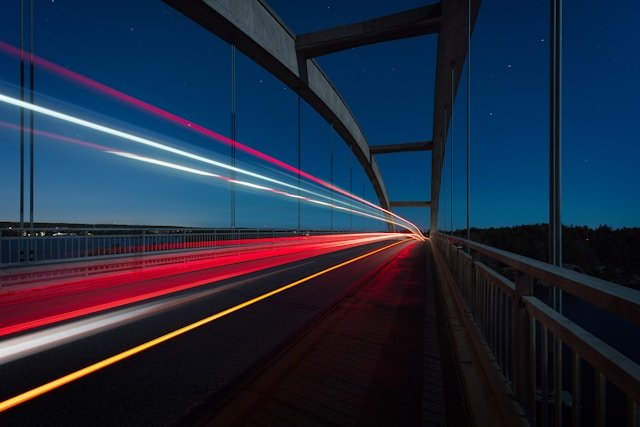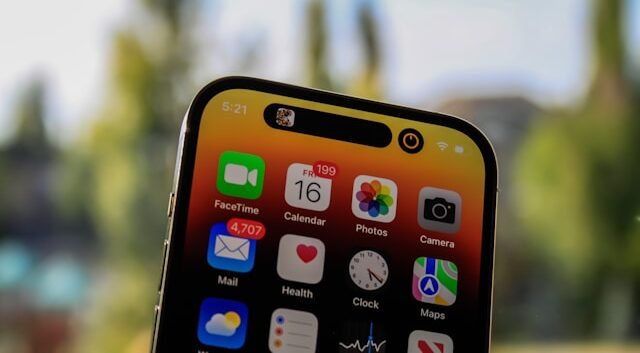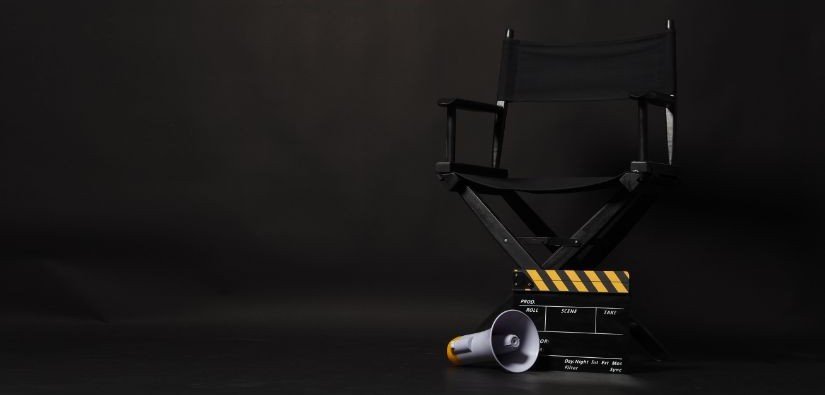Home / Music Behind the Ring: Authors’ Rights in Underlying Works
Music Behind the Ring: Authors' Rights in Underlying Works
- July 1, 2024
- Shreya Chaddha
It takes a village (team) to make a sound recording, with inputs from performers such as music directors, lyricists, singers, pianists, guitarists and so on. When it comes to the rights of authors of underlying works, i.e., literary works (lyrics) and musical works (melody depicted on sheet music) incorporated in the sound recording, Indian Courts have taken conflicting views in the past despite crucial changes through the Copyright (Amendment) Act, 2012. These changes emphasised the rights of the authors of original works and shed light on aspects relating to it, and indeed cannot be termed as merely clarificatory.
On a similar line, in a recent judgment, the Calcutta High Court held that the 2012 amendment conferred substantive rights on the authors of such works, who are now entitled to receive royalties on each occasion a sound recording is communicated to the public.[1] It was also made clear that the rights of the author in the underlying works could not be defeated by obtaining a license to exploit the sound recordings. This article explores the various facets of this momentous decision.
Underlying Works Dispute – The Three Suits by Vodafone, Saregama and IPRS
The present suits came to be instituted concerning the songs offered by Vodafone Idea Ltd. (Vodafone) for selection as caller tunes by its customers as part of its Value Added Services (VAS). While the suit filed by Saregama India Ltd. (Saregama) relates to the copyright in the sound recordings, the one instituted by the Indian Performing Right Society Ltd. (IPRS) seeks to restrain Vodafone from communicating to the public its repertoire of musical and literary works incorporated in the sound recordings.
IPRS emphasised the changes brought about by the Amendment Act and the agreements subsequently executed whereby music companies, including Saregama, assigned their rights in respect of the underlying works incorporated in the sound recordings in favour of IPRS. Additionally, reliance was placed on the decision of the Bombay High Court in Indian Performing Right Society Limited v. Rajasthan Patrika Pvt. Ltd.[2] (Click here to read our article on the ruling).
In the suit filed by Vodafone, being the first in terms of chronology, it was maintained that no separate license was required to be obtained from or royalty to be paid to IPRS for the exploitation of underlying works. Vodafone submitted that the producer was the first owner of such works. Relying on Section 17(c), Vodafone stated that the authors of underlying works waived their rights upon agreeing to valuable consideration. Reference was also made to the independent copyright in sound recordings as a separate class of work. Vodafone argued that royalty was payable to authors of underlying works only if such works were used independently of the sound.
Substantive Rights Conferred on Authors of Original Works
The Court opined that the 2012 amendment “radically changed the legal framework concerning the rights of authors of the original literary, dramatic, musical and artistic works”; a) the authors of original works now have the right to claim an equal share of royalties each time a sound recording is communicated to the public[3], b) the authors are prohibited from assigning or waiving their right to receive royalties for the exploitation of their work in any form other than for the communication to the public of the work along with the cinematograph film in a cinema hall[4], and c) the amendments provide for a tariff scheme as per which royalties are to be collected by the copyright society[5]. The Copyright Rules, 2013 elaborate on the requirements pertaining to the tariff scheme and also mandate the framing of a scheme for the distribution of royalties to the copyright society’s members.
Right of First Owner vis-à-vis Right of Authors
Rejecting Vodafone’s contention, the Court noted that though Saregama was the first owner in terms of Sub-section (c) of Section 17, the proviso added to said Section as well as the third and fourth provisos added to Section 18(1) vide the 2012 amendment recognised the right of authors of literary and musical works in a sound recording. This was said to have an “overriding effect” over the first author’s claim. With this, the Court held that Vodafone was required to pay IPRS royalty for the literary and musical works incorporated in the sound recordings in accordance with provisions of the amended Act.
The reliance placed upon the agreements entered into between Vodafone and Saregama was also not accepted, with the Court confirming that the same did not confer any right upon Vodafone to exploit the underlying musical and literary works incorporated in the sound recordings; the 2014 master agreement, being of unspecified duration, was deemed to have expired after five years, i.e., in the year 2019, based on the provision contained in Section 19(5). The annexed agreement executed in 2016 expressly stated that it was Vodafone’s sole responsibility to obtain licenses from the copyright society. Moreover, clauses of the memorandum of settlement and the new agreement later entered into by Vodafone and Saregama specified that any license for exploitation of the literary and musical works incorporated in the sound recordings had to be obtained by Vodafone from IPRS upon payment of royalties and at Vodafone’s own cost and responsibility.
The Court pointed out that Saregama did not have the right to grant any license with respect to the underlying works, considering that the same had already been assigned to IPRS (as mentioned earlier in this article). Consequently, such a license would run afoul of the terms and conditions of the rights granted to the copyright society and be rendered void based on a combined reading of Sections 19(8), 30, and 30A of the Act.
Decision of the Court
The Calcutta High Court dismissed Vodafone’s suit and directed the telecom service provider to disclose the data and logs of actual use made by its subscribers and the works utilised as part of its VAS within five weeks. So, the suits filed by Saregama and IPRS are still pending, with Saregama at liberty to withdraw its suit in view of the terms of the memorandum of settlement executed with Vodafone in 2019.
An injunction was also issued restraining Vodafone from communicating to the public IPRS’s repertoire of musical and literary works without obtaining a license and paying royalty to IPRS. However, the Division Bench issued a limited stay on this injunction on an appeal filed by Vodafone.
Comments
The judgment marks a significant milestone in protecting intellectual property rights, particularly affirming authors’ entitlement to royalties for their creative contributions. This ruling departs from past practices that often marginalised these contributions, highlighting the intrinsic value of creative labour and ensuring a more equitable compensation for authors. It represents a broader recognition of authors’ rights and emphasises the importance of fair compensation for artistic endeavours.
Beyond the legal sphere, the ruling impacts the creative economy by fostering a climate of respect and appreciation for authors’ contributions. With their rights protected and contributions acknowledged, authors are likely to explore new creative avenues, enriching the artistic landscape. The judgment also prompts businesses and stakeholders in the creative industry to reassess their practices, ensuring compliance with updated legal standards that prioritise authors’ rights and promoting transparency and fairness in intellectual property transactions.
References:
[1] Vodafone Idea Limited v. Saregama India Limited & Anr. (CS No.23 of 2018), Saregama India Ltd v. Vodafone Idea Limited (CS No.155 of 2018), and Indian Performing Right Society Ltd. v. Vodafone Idea Ltd (CS No.210 of 2018); Judgment available here.
[2] 2023 SCC OnLine Bom 944.
[3] Sub-sections (9) and (10) of Section 19.
[4] Third and fourth provisos to Section 18(1).
[5] Section 33A.
Image Credits:
Photo by cottonbro studio on Pexels
The Court opined that the 2012 amendment “radically changed the legal framework concerning the rights of authors of the original literary, dramatic, musical and artistic works”; a) the authors of original works now have the right to claim an equal share of royalties each time a sound recording is communicated to the public[3], b) the authors are prohibited from assigning or waiving their right to receive royalties for the exploitation of their work in any form other than for the communication to the public of the work along with the cinematograph film in a cinema hall[4], and c) the amendments provide for a tariff scheme as per which royalties are to be collected by the copyright society[5]. The Copyright Rules, 2013 elaborate on the requirements pertaining to the tariff scheme and also mandate the framing of a scheme for the distribution of royalties to the copyright society’s members.



